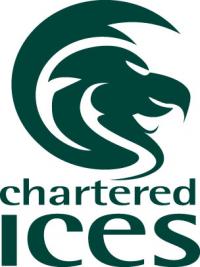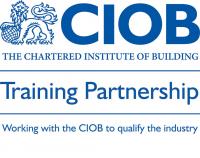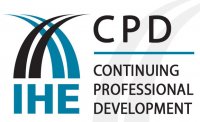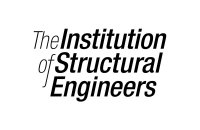With CPD (continuing professional development) and formal training being essential in the process of maintaining and enhancing your professional skills, an organised and prepared approach is key to making the most impact - so you can be confident in knowing your specific competencies and strengths you bring to your work.
With that said, below we've provided the CPD requirements and guidelines of different UK engineering institutions as a useful summary to help you compare institutions and understand their expectations as you look at planning your CPD in 2025.
| Institution | Hours per Year | Notes | Additional Information |
|---|---|---|---|
| Institution of Civil Engineers (ICE) | 30 hours (guideline) | No specific topics mandated. | Members are encouraged to undertake sufficient CPD to maintain and enhance their competence. Source |
| Institution of Structural Engineers (IStructE) | 30 hours | Includes at least 6 hours in Health & Safety and 6 hours in Sustainability. | Members can accumulate 90 hours over a three-year period. Source |
| Institution of Mechanical Engineers (IMechE) | No set minimum | Emphasis on achieving learning outcomes through reflective practice. | Recording CPD became mandatory in 2019, with annual audits conducted on a sample of members. Source |
| Chartered Institution of Highways and Transportation (CIHT) | 25 hours | Expectation to focus some CPD on decarbonization from January 2023. | Annual audits are conducted on a random sample of members' CPD records. Source |
| Chartered Institution of Water and Environmental Management (CIWEM) | 30 hours (average over 3 years) | No specific topics mandated. | Minimum of 90 hours over a rolling three-year period, with at least 15 hours in any single year. Source |
| Chartered Institution of Civil Engineering Surveyors (ICES) | Not specified | Members should refer to the Engineering Council's CPD guidelines. | Specific CPD requirements are not detailed; members are advised to consult the institution directly. Source |
| Royal Institution of Chartered Surveyors (RICS) | 20 hours | At least 10 hours must be formal CPD. | Members must record their CPD activities and are subject to annual audits. Source |
| Chartered Institution of Wastes Management (CIWM) | 30 hours | Should cover a range of related topics, including Health & Safety. | Members and Fellows are expected to complete 30 hours over a 12-month period; monthly reviews are conducted on a random selection of members' CPD records. Source |
Note: Always refer to your institution’s official guidelines to ensure compliance with specific and up-to-date CPD requirements.
FAQs
What is CPD in engineering?
Continuing Professional Development (CPD) in engineering refers to the ongoing process by which engineers maintain and enhance their skills, knowledge, and experience throughout their careers. It ensures that professionals remain competent in their roles and stay updated with the latest advancements in technology and industry practices.
How should engineers record and reflect on their CPD activities?
Engineers are encouraged to maintain a CPD record that includes:
Development Action Plan
Outlining learning objectives and goals.
Personal Development Record
Documenting completed CPD activities, reflections, and outcomes.
Regularly updating these records and reflecting on learning experiences ensures continuous improvement and readiness for potential audits by professional institutions.
What happens if an engineer fails to meet CPD requirements?
Failure to comply with CPD requirements can lead to consequences such as:
Audits
Professional institutions may audit members CPD records.
Remedial Actions
Members may be required to undertake additional CPD activities.
Membership Impact
Persistent non-compliance can result in suspension or removal from the institution's membership roll.
It's crucial to stay informed about your institution's CPD policies to maintain good standing. For more detailed information, please refer to the specific guidelines provided by your professional engineering institution.
How Can We Help?
To support your professional development journey and help you meet your institution's requirements, we offer a diverse range of training courses tailored to various engineering disciplines.
Explore our In-House Courses to book training as a group of more than 4 people, or Open Courses to find programs that align with your individual professional development needs. What's more, if you're looking to become a Chartered, Technical or Incorporated member of any of the above institutions, we are able to support you via our Mentoring services, where we provide 1:1 guidance tailored to your needs to accelerate the process to becoming professionally recognised.








